When we have passed beyond willings, then we shall have power. Effort was the helper; effort is the bar
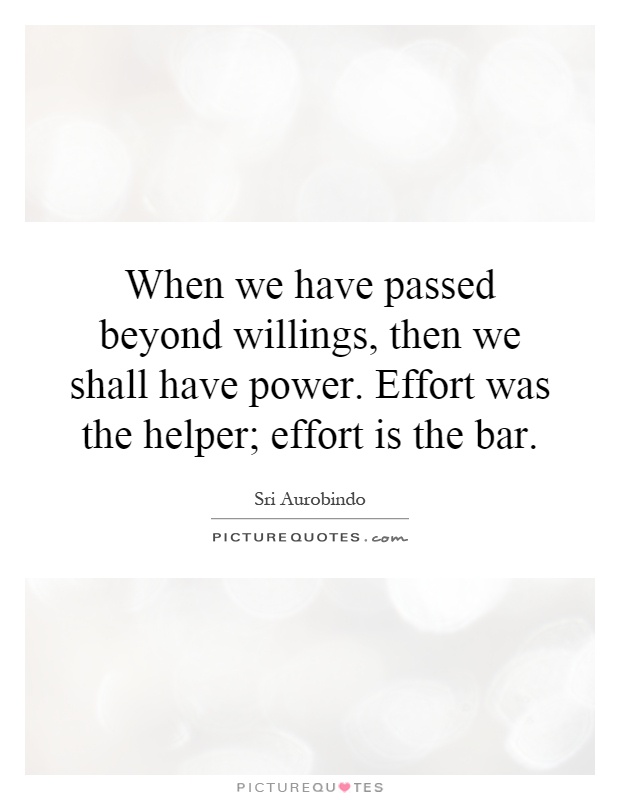
When we have passed beyond willings, then we shall have power. Effort was the helper; effort is the bar
Sri Aurobindo, a renowned Indian philosopher, yogi, and spiritual leader, believed in the power of transcending the limitations of the human will in order to access true power. In his teachings, he emphasized the importance of moving beyond mere desires and intentions in order to tap into a deeper source of strength and potential.The quote "When we have passed beyond willings, then we shall have power. Effort was the helper; effort is the bar" encapsulates Aurobindo's philosophy on the nature of power and the role of effort in achieving it. According to him, the human will is limited by its attachment to desires and intentions, which can often be influenced by ego and external factors. True power, on the other hand, comes from a place beyond these superficial willings, where one is connected to a higher source of energy and consciousness.
Effort, in Aurobindo's view, is a necessary stepping stone on the path to true power. It is through effort that we can overcome the limitations of the ego and the external world, and begin to access the deeper reservoirs of strength within us. However, Aurobindo also warns that effort can become a barrier if we become too attached to it, mistaking it for the source of power itself. True power, he suggests, lies in letting go of the need to control and manipulate outcomes, and instead surrendering to the flow of life.


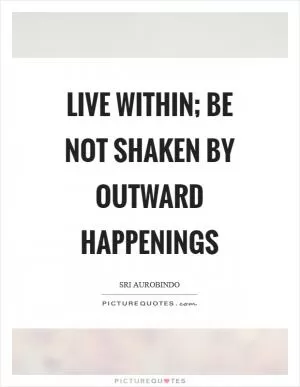


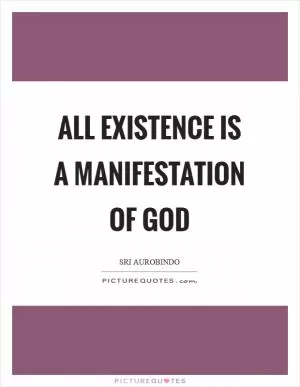
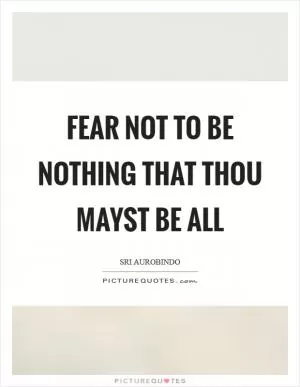


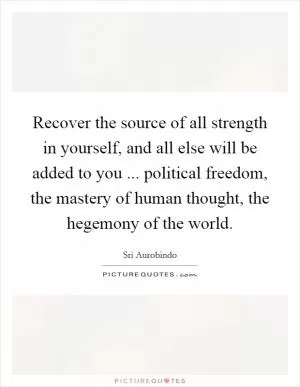
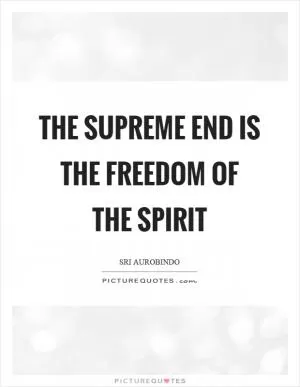

 Friendship Quotes
Friendship Quotes Love Quotes
Love Quotes Life Quotes
Life Quotes Funny Quotes
Funny Quotes Motivational Quotes
Motivational Quotes Inspirational Quotes
Inspirational Quotes